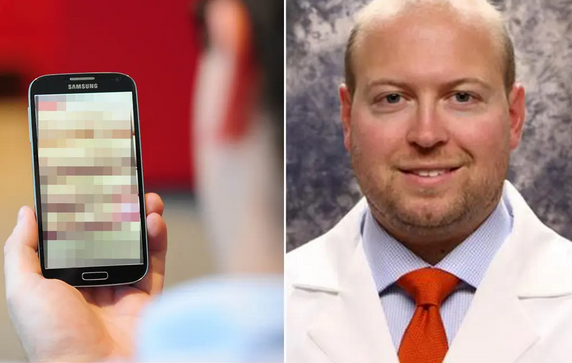Emergency medicine is one of the most challenging, yet rewarding, areas of medicine, and those who pursue a career in emergency medicine must have a comprehensive understanding of the critical elements that make up this field. In this article, Dr. Philip Sobash will guide you to the critical elements of emergency medicine, and how they can help you become a successful emergency medical professional.
The Core Knowledge and Skills Required
Emergency medicine professionals must possess a vast array of knowledge and skills to be successful. These include knowledge of anatomy, physiology, pathology, pharmacology, toxicology, medical ethics, and medical law. In addition, they must also be able to accurately diagnose and treat a variety of medical conditions, including trauma, stroke, cardiac arrests, and poisoning.
The Role of Technology in Emergency Medicine
Technology is playing an increasingly important role in emergency medicine. It has enabled emergency medicine professionals to diagnose and treat patients more quickly and accurately than ever before. It has also enabled them to provide better patient care, as they can now access medical records and images instantly, rather than having to wait for them to be sent from other departments or hospitals.
The Importance of Interprofessional Collaboration
Interprofessional collaboration is essential to successful emergency medicine. Emergency medicine professionals must be able to work together with other healthcare professionals, such as nurses, physicians, and specialists to effectively serve the needs of their patients.
To effectively collaborate, emergency medicine professionals must be able to communicate effectively with their colleagues and work together to ensure that the best possible care is being provided to the patient.
Strategies for Effective Diagnosis and Treatment
Diagnosis and treatment of medical emergencies can be challenging, as they often require quick decision-making and action. To be successful, emergency medicine professionals must be able to accurately diagnose and treat their patients.
The Importance of Communication in Emergency Medicine
Lastly, emergency medicine professionals must be able to communicate clearly and effectively with patients, family members, and other healthcare professionals. This is especially important in Dr. Philip Sobash emergencies, as it can help ensure that the best possible care is being provided to the patient.
